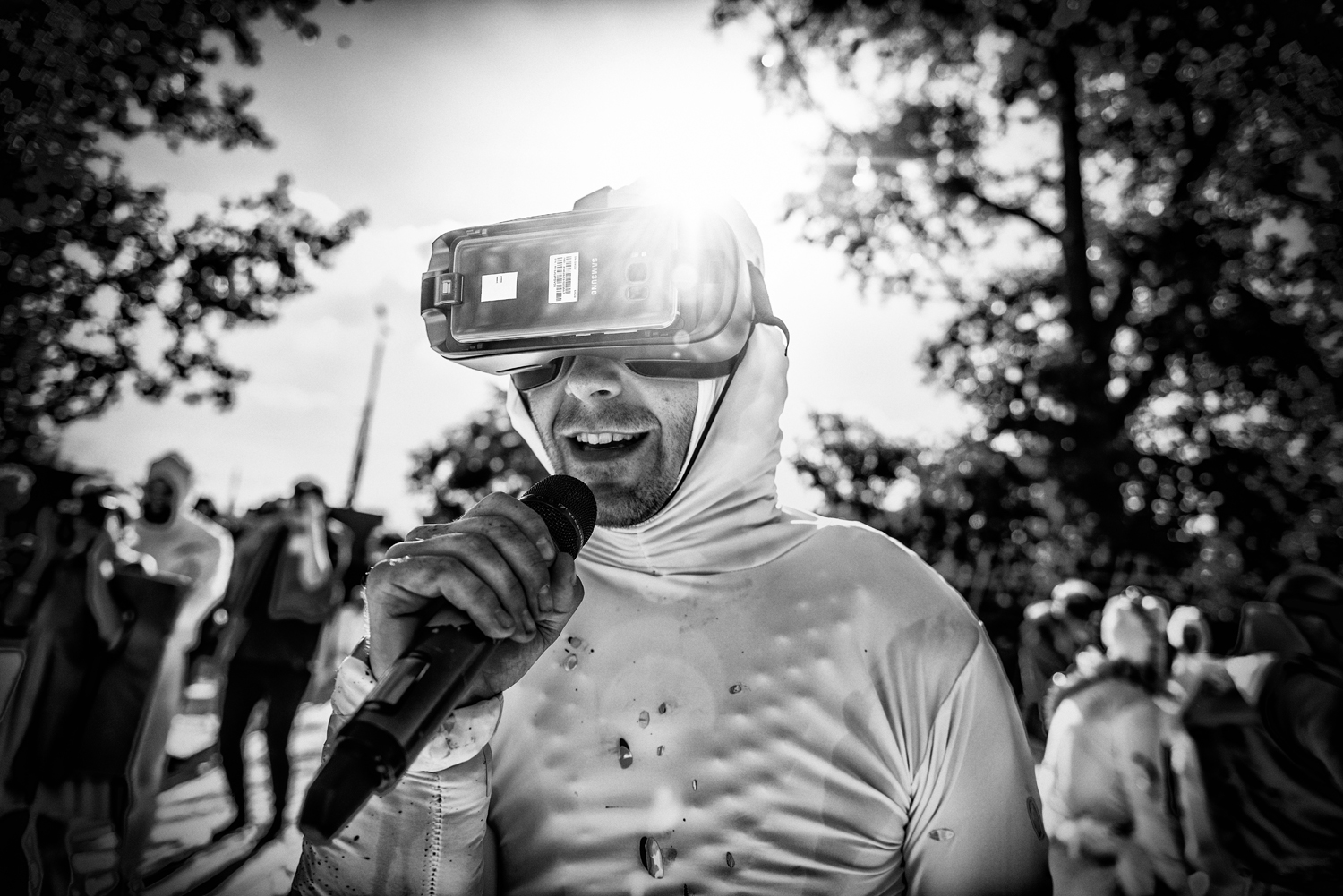It is not my first time visiting Poland and Warsaw in particular. My feeling is always the same. This of weightiness and density, in contrast with the ample free space suggested by the city’s urban planning, a marking characteristic of the former communist era. On a second thought, my three words for Warsaw would be: stone, grey and blood. Nevertheless, these words carry double meanings. Stone portrays not only rigidity, but solid foundations as well. Grey can be equally dull and serene. And blood, besides struggle and suffering, carries along the notion of vital energy. It’s all about the latter definitions, what I have encountered during my short visit at Warsaw’s Teatr Powszechny. “A theatre that gets in the way”, the institution’s moto speaks for itself. I still find it hard to apply the term ‘institution’, since Powszechny’s activity contradicts many preconceived notions regarding the mainstream definition of the word itself. During my stay, I often catch myself humming the melody of one of my favorite songs, Against the Grain by Bad Religion. Because this is the way they do things here, an anti-establishment force, supported by the establishment. What a delicate balance to keep… or not…
My flight schedule obliges me to arrive late for our first meeting. Once again, I see all the familiar and loving faces of our partners in Atlas of Transitions. Pawel, Kamila and the rest of the local team greet me warmly and we start planning meetings and interviews with local actors and collaborators in the project. There are no performances today, so the venue is quite calm. We have a short break and then back to work. At the end of today’s session, we are invited for a tour at the space of Dream Adoption Society, an artistic collective exploring virtual and augmented reality technologies in performing arts, based inside the theatre. Wojtek, the team’s producer, welcomes us and explains their philosophy and way of working. I cannot but be amazed by this theatre’s openness. Not only Teatr Powszechny has provided space and means for this group to develop their research, as any regular sponsor could do, but they actually invited them to cohabitate the venue, creating a fusion between both worlds, engaging diverse audiences that circulate among artistic proposals of all kinds. The bond of the two organizations is symbiotic and their function resembles that of physics’ communicating vessels.

Picture by Magda Hueckel
It is my first time wearing a VR headset and during the first few minutes it feels quite awkward. Once I get the hang of things, I start enjoying my ride inside the weird universes the team creates. I get the chance to visit the virtual landscape designed for ‘New Territory’, an open air performance created within the frame of Atlas of Transitions. The use of these specific new technologies in theatre starts making more sense to me. Maybe, in some cases, it becomes very difficult for the audience to create a direct connection with reality due to a variety of reasons, imposed from either ‘higher powers’ or the daily grind itself, so artists might need to invent new ways to address any given issues. I asked Wojtek to share his thoughts on the matter and the life in the theatre. Later that evening, our hosts take us out to a welcome dinner. Everyone we meet greets us with a wide smile and great warmth. Again a controversy, compared to the cold, rainy weather and the somewhat austere ambience.
Continue to page 2 of 3



